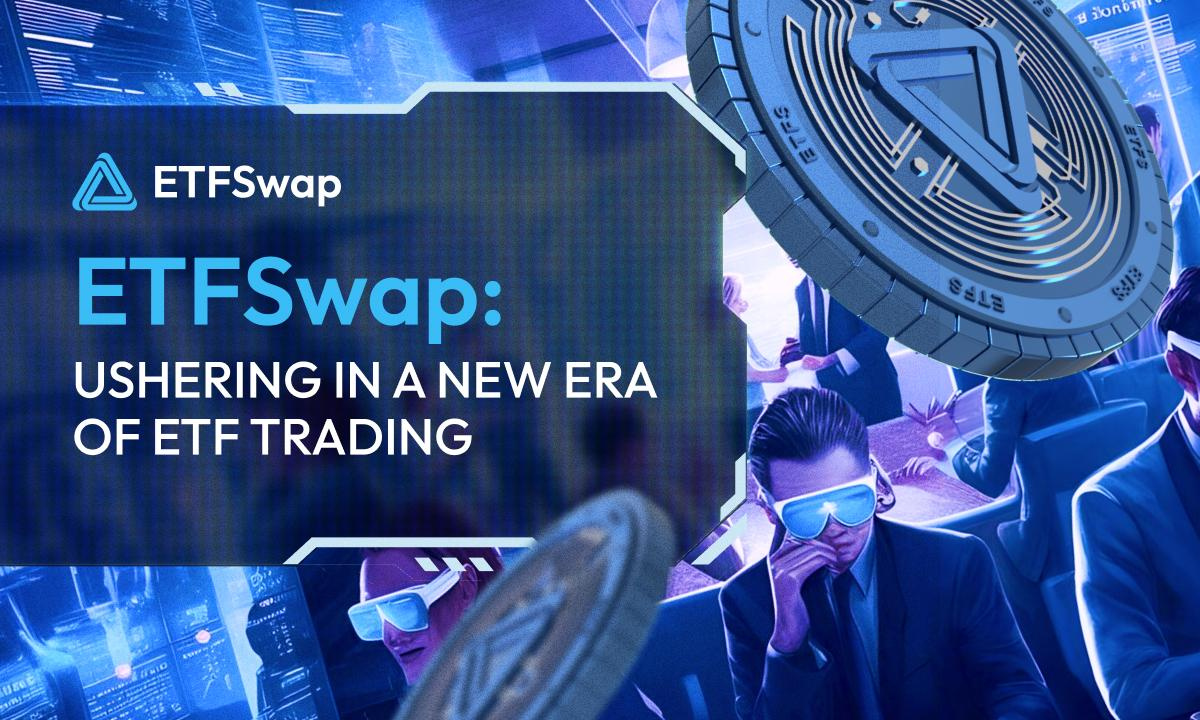Vitalik Buterin Critiques Worldcoin’s Iris-Scanning Proof-of-Personhood Solution
Key Points:
- Vitalik Buterin critiques Worldcoin’s iris-scanning PoP system for privacy, accessibility, centralization, and security risks.
- Buterin proposes combining existing approaches for a more decentralized solution.
- WLD token surges 20% after listings; Worldcoin completes migration to Ethereum Layer 2.
Worldcoin, a project co-founded by OpenAI CEO Sam Altman, made headlines today as it launched its WLD token, accompanied by an innovative iris-scanning identity verification solution. However, Vitalik Buterin, the co-founder of Ethereum, has outlined several potential pitfalls associated with Worldcoin’s Proof-of-Personhood (PoP) system in a recent blog post.
Buterin emphasized that while the concept behind Worldcoin’s PoP system is intriguing, it also brings forth significant privacy, accessibility, centralization, and security concerns. The PoP system is designed to authenticate users uniquely in a decentralized manner without relying on a central authority or exposing personal information. The application of this technology encompasses Sybil attack prevention, event ticketing, airdrops, and DAO voting.
Worldcoin users are required to install a dedicated app and undergo iris scanning using the “Orb” device. The Orb validates the user’s humanity and uniqueness of their iris pattern, generating an iris hash that results in a distinct World ID for each individual. This process ensures privacy and security by not revealing explicit personal details.
Addressing the privacy aspect, Buterin expressed apprehension over the inherent risks of iris scanning. Despite Worldcoin’s current practice of storing only hashed iris scans rather than actual images, Buterin pointed out that there remains a potential for identity-related information misuse or leakage. He suggested that even with the present measures, the scanned iris could still reveal unintended information if mishandled.
Accessibility was another concern raised by Buterin. He noted that the requirement of physically accessing a Worldcoin Orb could limit the project’s reach, potentially creating an imbalance in distribution, favoring areas with easier Orb availability. Worldcoin has offered phone number verification as an alternative, but ensuring universal accessibility remains a challenge.
“While there are billions of smartphones, there are only a few hundred Orbs. Even with much higher-scale distributed manufacturing, it would be hard to get to a world where there’s an Orb within five kilometers of everyone,” Buterin said.
Another risk highlighted by Buterin was centralization. He expressed skepticism about verifying the integrity of Worldcoin’s Orb hardware device construction, which could lead to potential backdoors. Moreover, centralized governance and proprietary algorithms pose additional centralization concerns. However, Buterin acknowledged Worldcoin’s commitment to gradual decentralization.
As the WLD token experienced a significant 20% surge in price following listings on major exchanges like Binance, Bybit, OKX, and Huobi, the project’s success hinges on addressing the concerns raised by industry leaders like Vitalik Buterin. Moreover, the recent migration to the OP Mainnet, an Ethereum Layer 2 scaling solution, marks a crucial milestone for Worldcoin’s growth and future adoption.
Security was the final point of concern outlined by Buterin. He highlighted possible vulnerabilities, such as phone hacking, coercion to scan irises for others, the sale or rental of IDs, and the use of 3D-printed “fake people” to deceive the World ID scan. While these issues are not unique to Worldcoin, they underscore the importance of robust security measures for any PoP system.
Despite his reservations, Buterin recognized the value of the proof-of-personhood concept. He emphasized that not having any proof-of-personhood system carries its own set of risks. As such, he encouraged further development and progress in exploring different approaches to proof-of-personhood, potentially leading to a comprehensive and unified solution.
While Buterin pointed out that there is no perfect form of proof-of-personhood to address all risks, he suggested a combination of the three existing approaches: social-graph-based, general-hardware biometric, and specialized-hardware biometric techniques. Such a fusion could offer a decentralized, scalable, and privacy-conscious system resilient against fraudulent identities.
DISCLAIMER: The information on this website is provided as general market commentary and does not constitute investment advice. We encourage you to do your research before investing.























